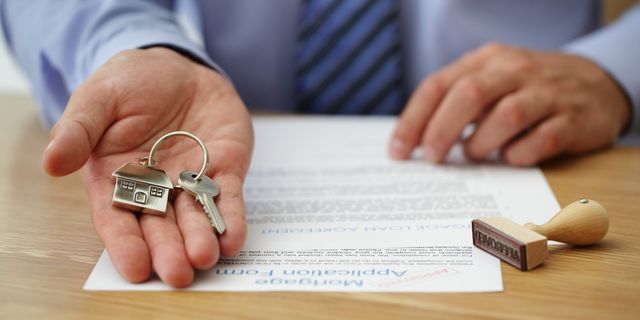Is It Important To Put Down A Deposit When Financing An Investment Property?
Q: I have R100 000 in my savings account. I’m currently buying an investment property and would like to use the money for deposit to get the monthly payments down. The banks offered me a 0.05% improvement if I make that deposit and the monthly repayments will then match the rental income.
My fiancé thinks I should rather take that money and invest it elsewhere where it can earn higher interest. What would you advise?
According to Tshireletso Rakgori from Alexander Forbes paying a deposit towards a mortgage bond can make a significant difference. A mortgage is a major financial burden and reducing it can have immediate benefits.
Buying a house via a mortgage bond essentially entails making two kinds of payments. The first is to repay the capital amount, which is usually the purchase price of the house, and the second is to repay the interest that the bank charges over the period of the loan. During the first years of the mortgage bond, the largest part of your repayments goes towards paying the interest, making the reduction in the capital amount quite small.
How this works is that the deposit you pay upfront reduces the mortgage bond you owe. Therefore a smaller bond is required, which in turn reduces the amount of interest you pay.
To make the above more clear, consider the following:
Let’s say for example the property you are purchasing is R1 200 000. If you take out a bond with no deposit at a 10.25% interest rate, you will pay R11 779.72 per month over 20 years. At the end of the bond term, you will have paid back R2 827 132.95
On the other hand, if you could put down a R100 000 deposit, the monthly repayments will be R10 798.08, and the total repayment will be R2 591 538.54. If the deposit is added to this, the total still only comes to R2 691 538.54. In other words, you would save R135 594.41.
In paying the deposit you therefore not only get the benefit of having the expected rental income match the loan repayments, but you also get to save on some of the interest that the bank would have charged over the years. The other benefit is that the mortgage will be paying itself essentially from your rental income.
The benefit is therefore immediate and could help you to meet your cash flow needs in the short term. In the long term you would also benefit from the capital growth on the property. Being a primary human need, housing is always in demand and if you have chosen one in a good area, you should see growth in value at least linked to inflation.
Overall, property is a great investment, however if you are going to acquire it through a loan you want to do your best to minimise the loan as well as the term of the loan to save on interest. That way you can enjoy more years of earning rental income that will be coming into your pocket instead of it going towards loan repayments.
Source – Moneyweb (Patrick Cairns)

